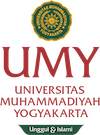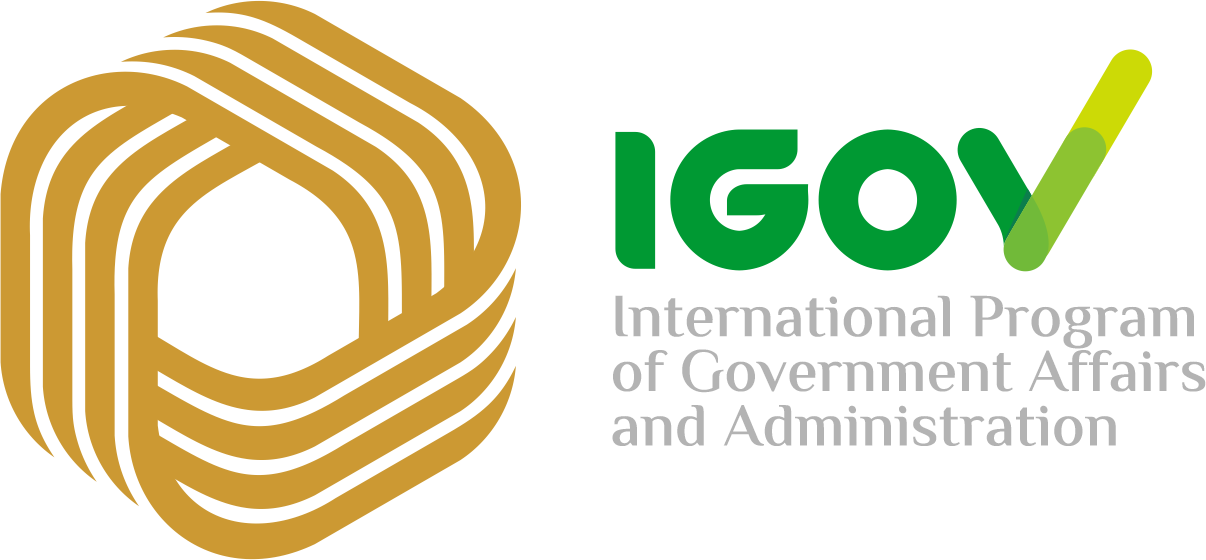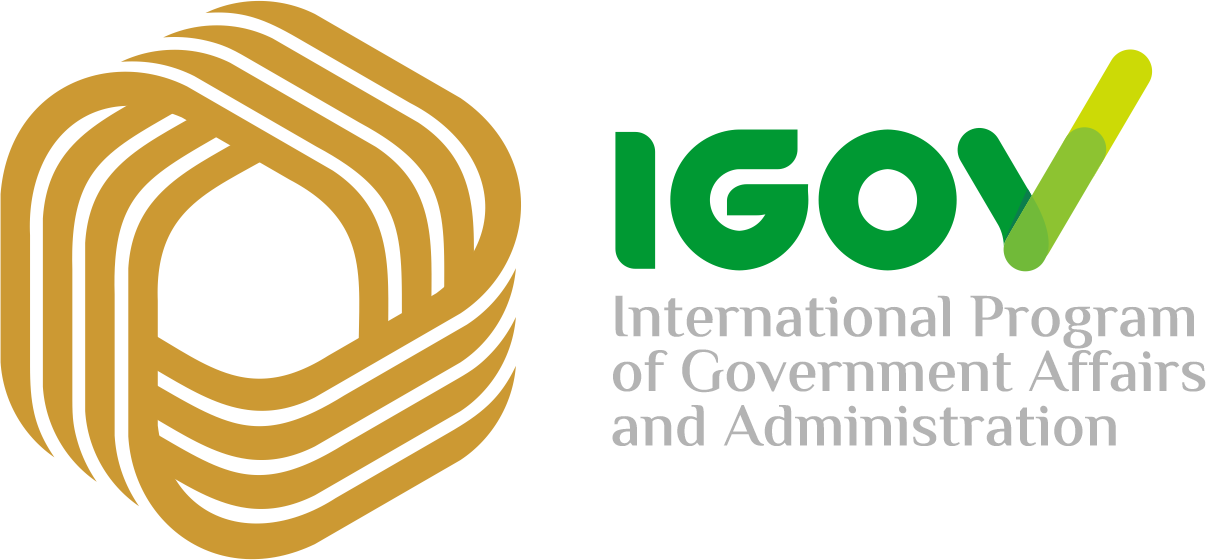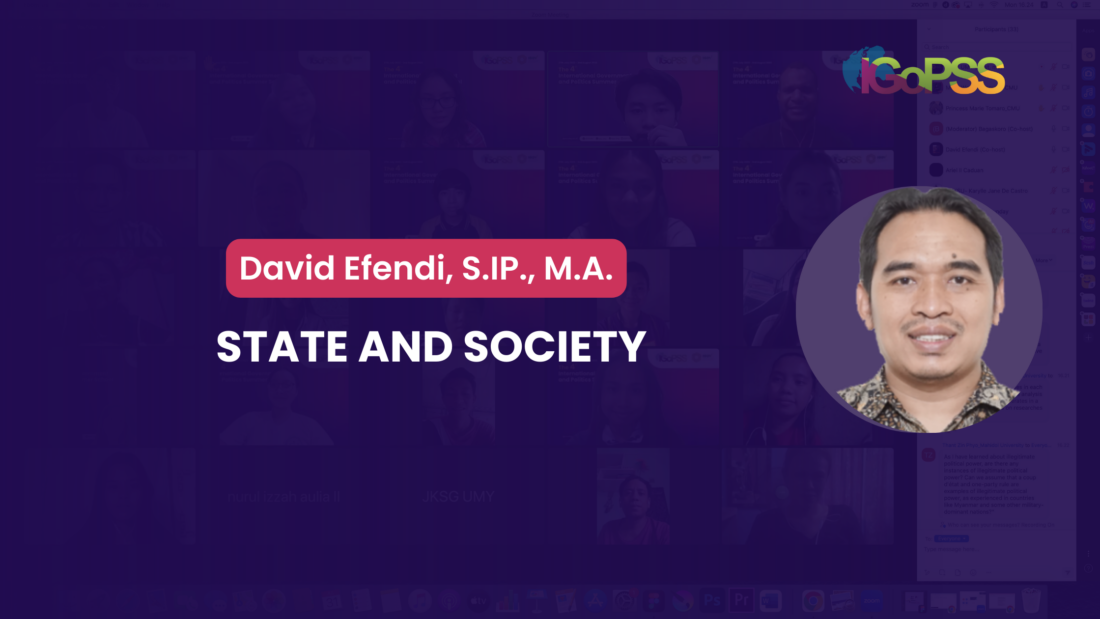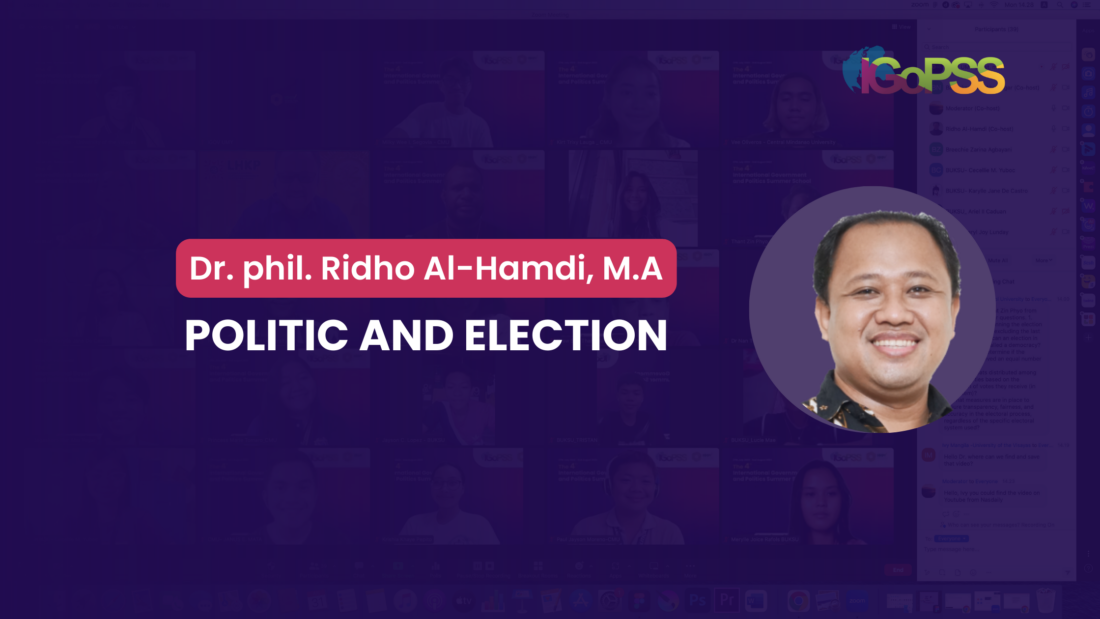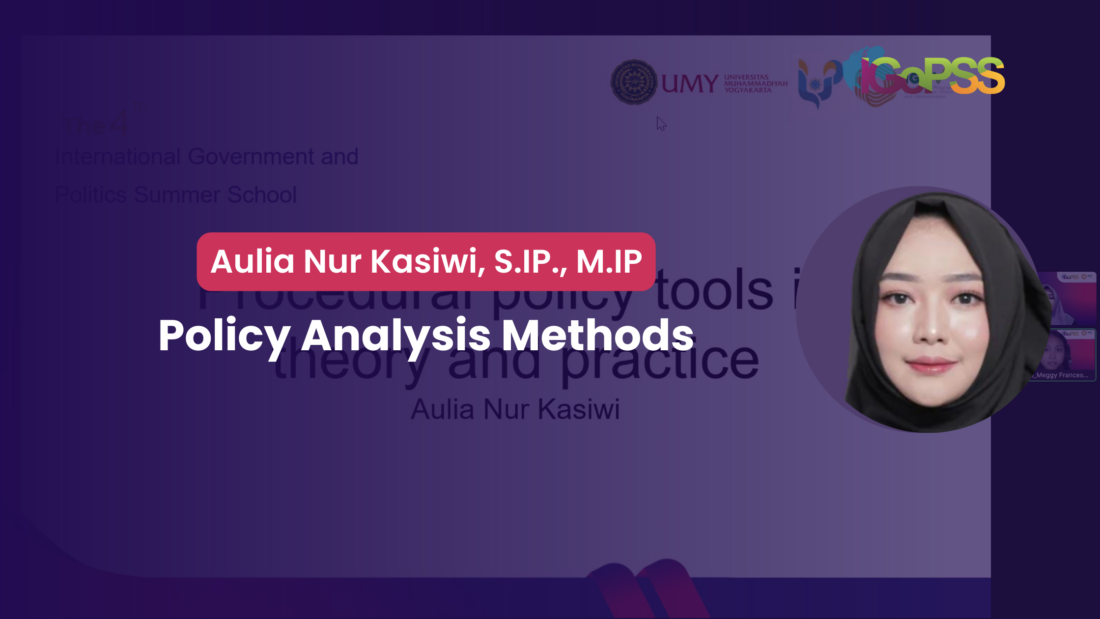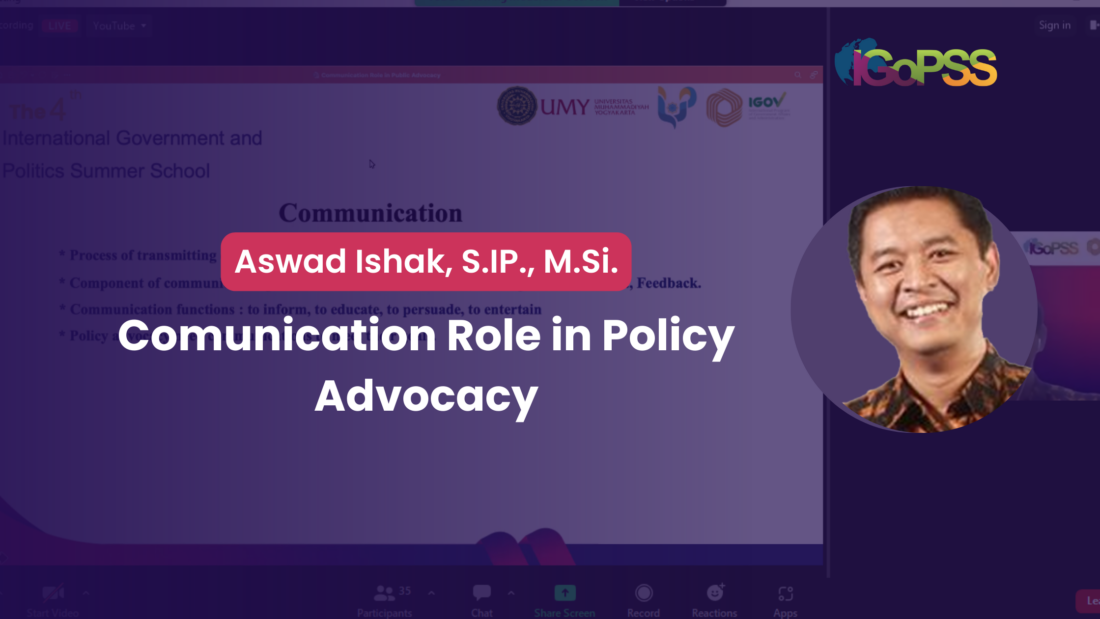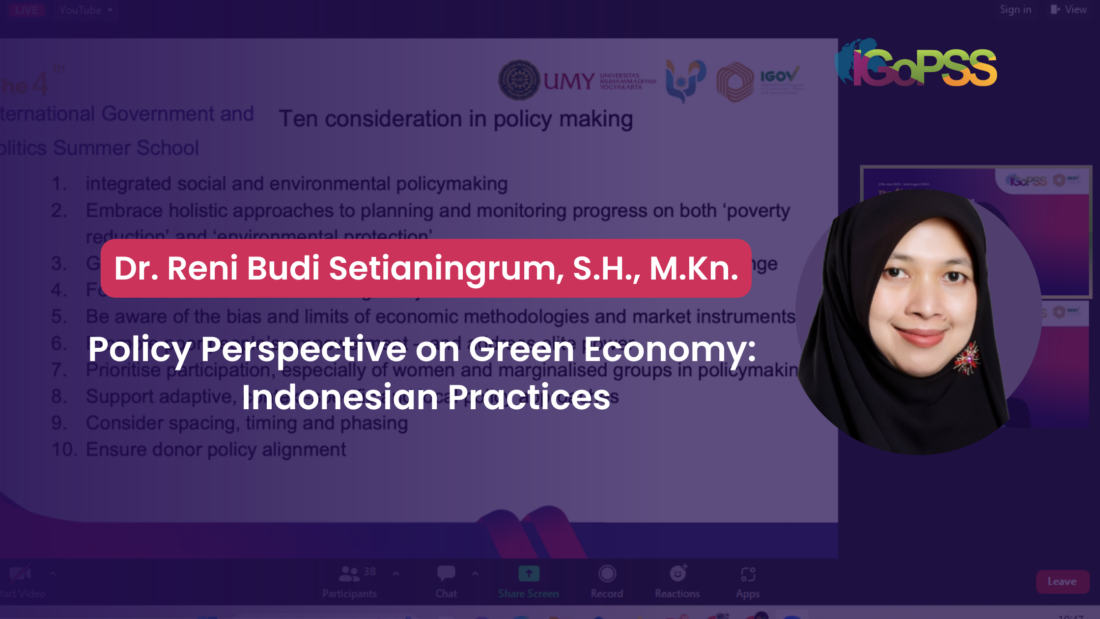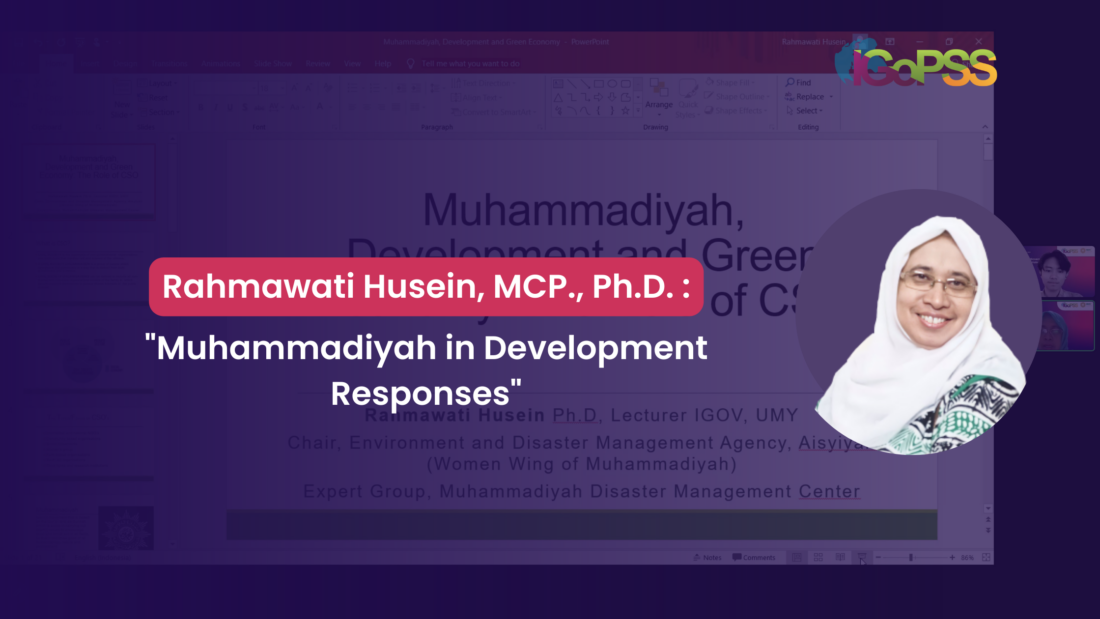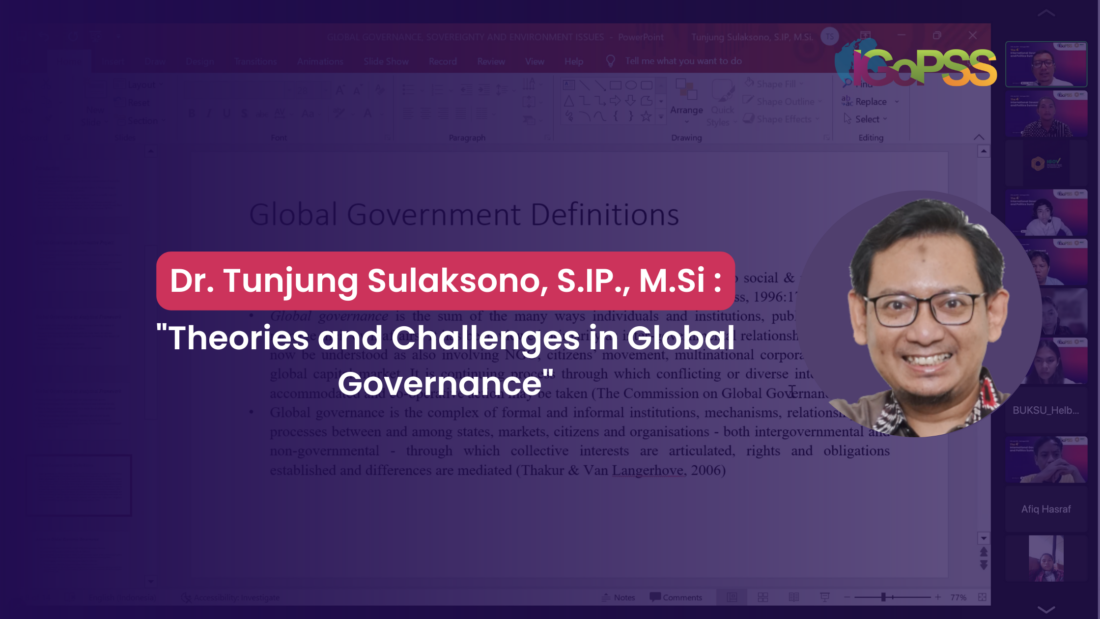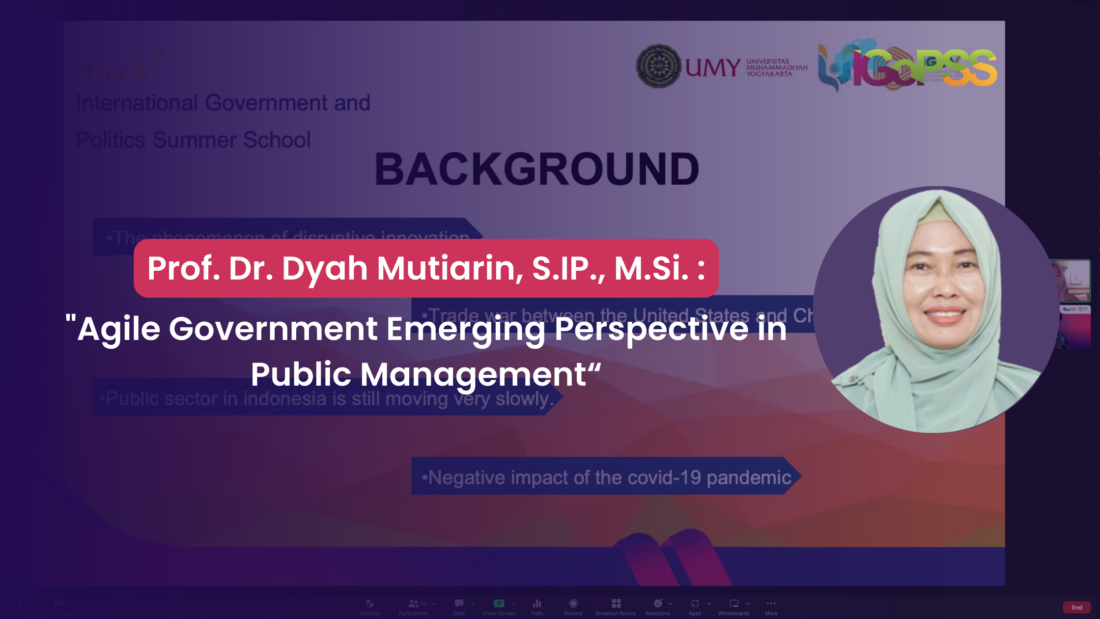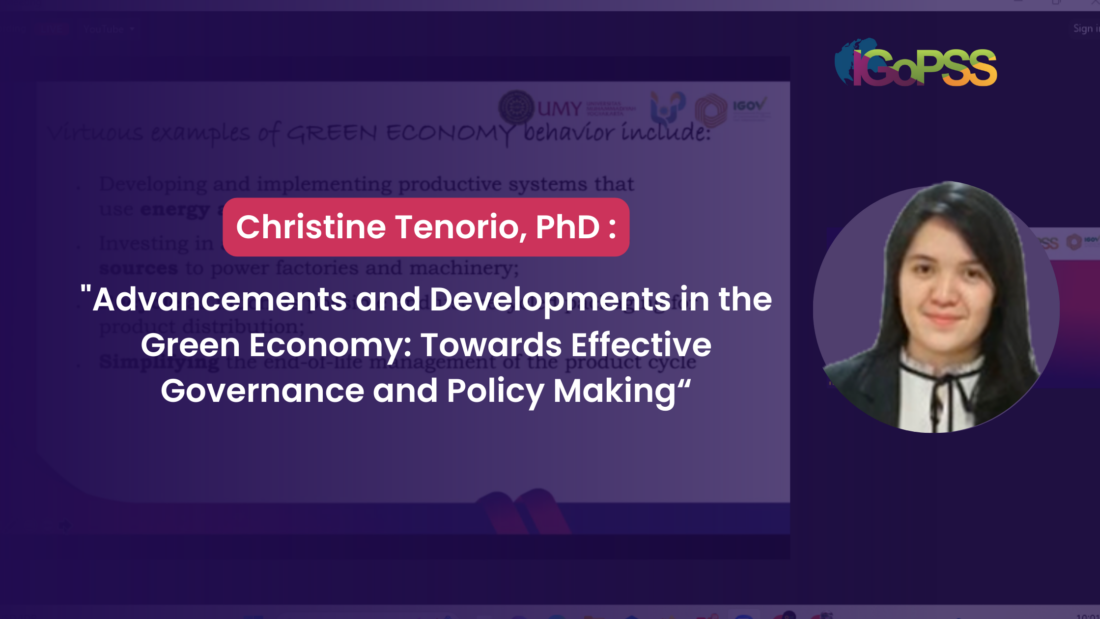Yogyakarta, 31 July 2023. During the third session of the 4th International Government and Politics Summer School, participants delved into the fascinating topic of “State and Society,” led and presented by the distinguished David Efendi, S.IP., M.A. The session, expertly moderated by Bagaskoro Nur Abu Yogar, provided profound insights into the dynamics of politics, power, and the relationship between the state and society.
David Efendi commenced the presentation by elucidating the distinctions between politics and power, providing a clear understanding of their roles in governing societies. He explored the concept of legitimate political power and raised the intriguing question of why power must be perceived as legitimate. The discussion delved into the three forms of legitimate political power: given power, charismatic power, and legal formal power.
Drawing on the wisdom of Kofi Annan, a notable figure in international diplomacy, David Efendi emphasized the significance of knowledge as a form of power. Quoting Annan, he highlighted, “knowledge is power, information is liberating, education is the premise of progress, in every society, in every family.” This thought-provoking perspective shed light on the transformative potential of knowledge in shaping societies.
Governability, as a crucial aspect of state and society, was a central theme of the session. Participants explored the different classifications of states based on their governability, including strong states, weak states, failed states, and collapsed states. David Efendi illustrated the concept of a failing state by examining Indonesia during the era of “Orde Baru,” and provided a comprehensive analysis of the characteristics associated with such states.
To enrich the participants’ knowledge further, David Efendi recommended a selection of books related to the subject of state and society, offering valuable resources for in-depth exploration.
As the session transitioned to the question and answer segment, attendees actively engaged with the material, posing thoughtful inquiries and seeking clarifications. The spirited exchange of ideas enhanced the learning experience, fostering a collaborative and intellectually stimulating environment.
The 4th International Government and Politics Summer School continued to be a transformative platform, fostering knowledge, critical thinking, and global perspectives on governance and politics. The thought-provoking insights shared during this session left a lasting impact on participants, inspiring them to delve deeper into the intricate dynamics between the state and society.
